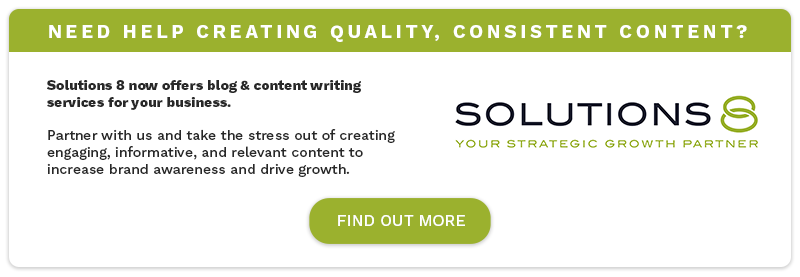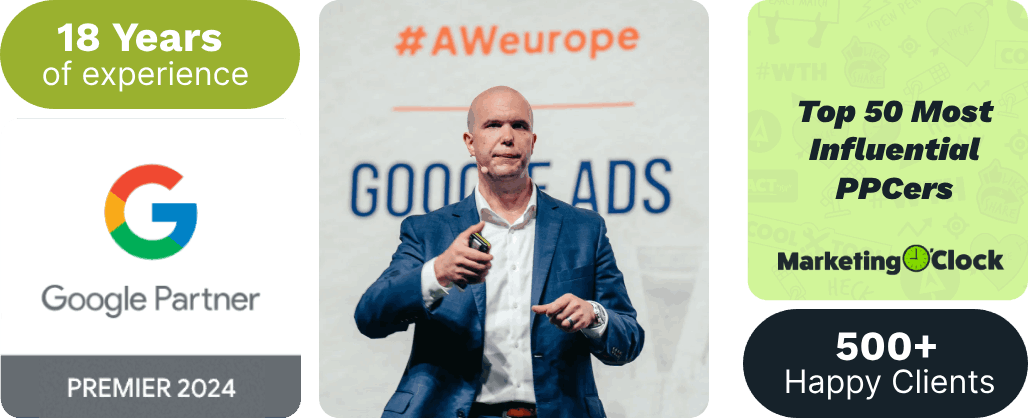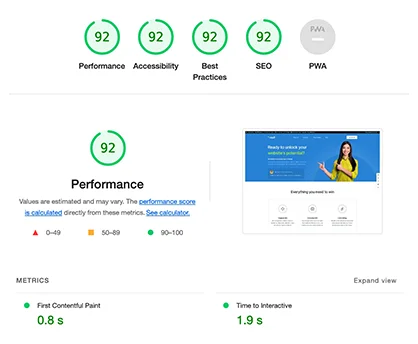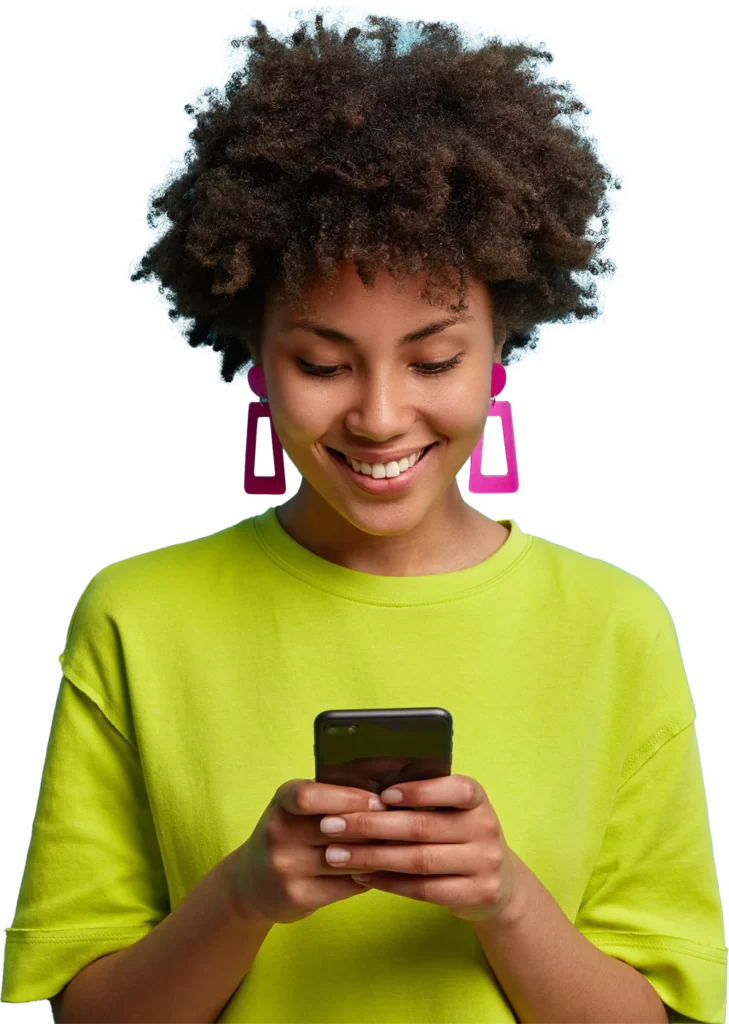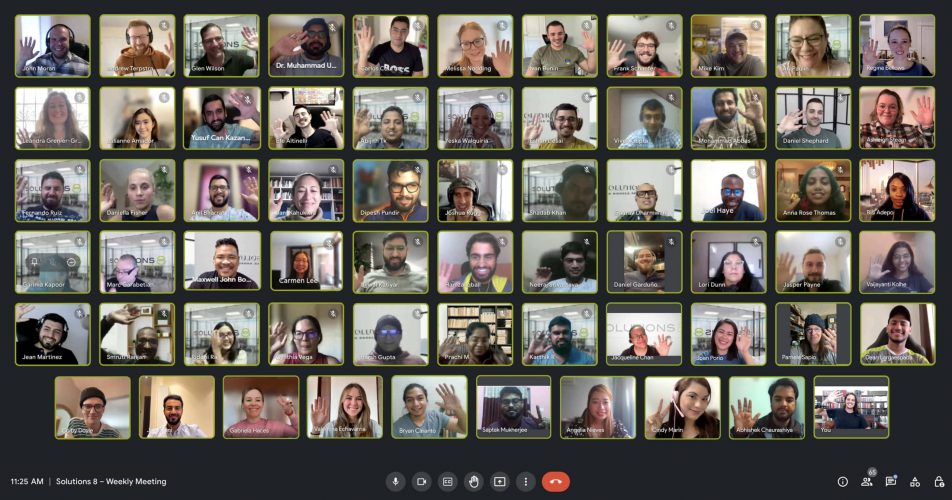Let’s face it. Running Google Ads for professional services can be challenging.
Getting loads of clicks but few conversions.
Showing up for unrelated searches.
Capturing everyone in the bottom of the funnel is expensive.
And while these problems can be solved by setting up your Google Ads the right way, most businesses often overlook one important element:
The importance of messaging.
Implementing all the technical aspects of Google Ads is one thing. Connecting with humans is another.
The latter is usually what seals the deal.
In this post, we’ll focus on how to convey the right message to your ideal audience.
So you can attract the right people, beat your competitors, and convert more leads.
Contents:
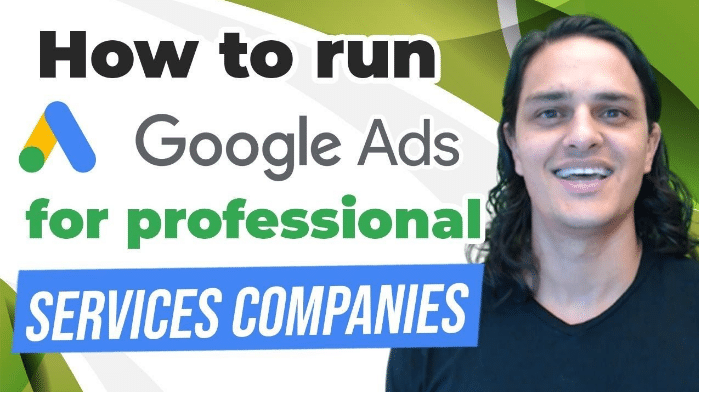
Create a Click-Worthy Ad Copy
Aside from being entrepreneurs and CEOs, what does Tom Bilyeu, Marie Forleo, and Gary Vaynerchuck have in common?
They’re the “face” of their own companies. They influence and connect with people, adding value by sharing their thoughts, ideas, and solutions.
Why am I saying this?
Because human beings need to establish connections first to build trust. Your ad copy is the “face” of all your advertising efforts.
It determines whether your prospects are interested in getting to know more about you and your offer.
Will they click your ad or someone else’s? The decision happens in a snap. Writing click-worthy ad copies sparks interest, builds trust, and creates irresistible offers.
And it all starts with an attention-grabbing headline followed by a powerful description
How to Write Google Ads Headlines
90% of your copy should focus on the headline. Make your headline so good that the right people can’t ignore it. There is only ONE goal that your headline must be able to accomplish:
- To stop your prospects AND make them click or;
- To get them to read the description
Here’s a formula you can use:
[promise/offer] + [proof] + [CTA/Brand name]
Promise – the solution you’re offering. This can also be the result they want to have or the consequence they don’t want to suffer.
Offer – this can be the product or service
Proof – any social proof or indicator of success you’ve had.
CTA/brand name – call-to-action for the offer or the landing page/business name.
Some examples:






How to Write Google Ads Descriptions
The description acts as the extension of your headline. All the things you weren’t able to say in the headline should be here. The goal is to make them click.
Pro Tip: Don’t write a paragraph. Instead, make them look like bullet points or lists–snappy chunks of texts that they can skim easily through.
Here’s a formula you can use:
[benefits/consequence] + [social proof/testimonial] + [USP/Offer/specialization] + [CTA]
Social proof / testimonial – anything that shows success/credibility
USP/offer/specialization – this can be the product or service offered
Some examples:






Make the Buying Process Easy
Let’s say you delivered the promise in your ad and they landed on a dedicated page for tooth extraction.
What most businesses do is they lay out all their services in bullet points. Some even explain the nitty-gritty details of what they’re going to do.
Here’s what that looks like for our tooth extraction example:
- We’ll insert a needle that pierces the skin around your tooth so it becomes numb.
- We’ll pull your tooth with extraction forceps (plier-like instrument) and rotate your tooth back and forth.
- We’ll use dental elevators to expand the socket and separate the tooth.
Say you’re someone who’s looking for tooth extraction services because you want to relieve pain… would you feel excited after reading that?
Unfortunately, this is one of the biggest mistakes most service-based businesses make. They only talk about the process and sell the service.
In some cases, that can work––but it shouldn’t stop there.
People buy the transformation, not the service.
They want the benefit.
The end result.
And what life looks like for them once they achieve that result.
Because here’s the truth. And it’s going to sound really bad. But just stick with me here for a minute.
Nobody wants your service.
I mean, nobody hires lawyers just because they like hiring lawyers.
Nobody hires gym trainers because they enjoy lifting heavy weights and skipping delicious meals on weekdays.
Here’s my point. When people buy your product or get your service, they only think of one thing: RESULTS.
And if we want to make sales, it’s our job to communicate that result.
The best way to do that is to turn features into benefits.
Here’s a formula that you can use:
[feature or service] + [tangible result] + [feeling state or bigger outcome]
Get your tooth extracted to prevent the spread of tooth decay and infection so you can finally eat and talk again without feeling any pain!
No pain? I can enjoy talking and eating again? Heck yeah! Take my money and extract my tooth!
Now, I know that identifying benefits is no easy feat. Depending on your services, it might take some effort (and a lot of empathy) to understand what your customer’s transformation looks like.
That’s why we created the Quick and Easy Guide To Turn Features Into Benefits.
It’s a free step-by-step guide that eliminates guesswork and flushes out the real benefits of your product or service. Turn benefits into transformation and make buying from you a no-brainer.
Increase Your Brand Awareness
There’s no doubt that capturing people at the bottom of your funnel gives you the highest ROI. That’s why companies focus their marketing efforts there –– it’s the fastest way to convert.
But not all your customers start at the bottom. Sure, there’s a lot of buyers at the bottom of the funnel. So are competitors. Which means if you have 100 ready-to-buy customers and there are 3 other competitors…
Your chances of converting all customers dropped by 75%!
So how do you beat your competitors, especially if they’re selling the same services?
By being two steps ahead of them. Start at the top of the funnel–where your customers start their buying journey.
Here’s how to do it: Identify your customer’s stage of awareness and provide solutions in each stage.
5 Stages of Awareness

In his book Breakthrough Advertising, Eugene Schwartz explained the 5 Stages of Awareness that every customer goes through before they decide to make a purchase. Read more about it in Brian Clark’s post The 5 Types of Online Prospects, and How to Sell to Each of Them
- Completely Unaware: No knowledge of anything except, perhaps, his own identity or opinion.
- Problem-Aware: Your prospect senses he has a problem, but doesn’t know there’s a solution.
- Solution-Aware: Your prospect knows the results he wants, but not that your product provides it.
- Product-Aware: Your prospect knows what you sell, but isn’t sure it’s right for him.
- The Most Aware: Your prospect knows your product, and only needs to know “the deal.”
To beat your competitors, you have to provide solutions to those who are in Stage 1 all the way through Stage 4. So when they’re deciding between you or your competitor, their default choice is YOU.
Even if your prices are significantly higher.
Why? You’ve already built enough connection, trust, and relationship.
Produce value-driven content that answers questions your customers have at each stage. Use different marketing channels to deliver your content:
- Social media
- Blog
- Podcast
- Videos
This helps you build relationships with your potential customers and keep your services on top of mind.
Yes, it’s extra work.
But it’s one of the most valuable things you can do to grow your business.
Want to get more awesome content like this? Subscribe to our YouTube channel. We post the latest updates about everything Google Ads, every single day.
Thinking about hiring a Google Ads agency? Read our Guide to Choosing the Best Google Ads Agency for Free!
Author
Bryan is the marketing manager at Solutions 8, and has been on digital marketing since 2018. When he’s not working, you’ll find him working out at a local gym, reading personal development books, or playing music at home. He feels weird writing about himself in third person.
 Bryan Caranto
Bryan Caranto